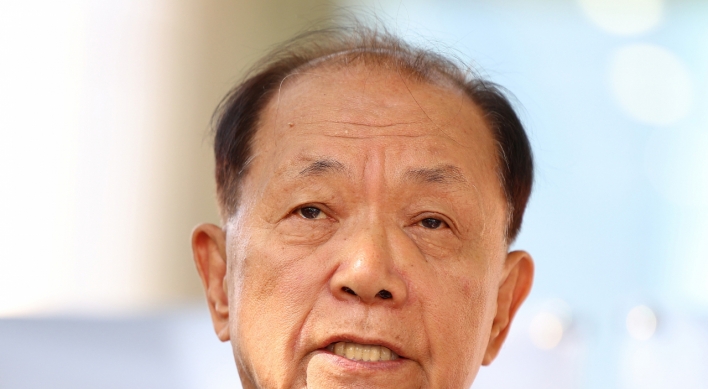
Authorities in Seoul are struggling to control the spread of bedbugs, as a total of 17 bedbug infestations have been reported in seven Seoul districts as of Sunday, according to local reports.
The city has set aside 500 million won ($381,000) to prevent bedbug infestations from spreading, particularly in facilities vulnerable in terms of hygiene. As part of this initiative, the city will distribute checklists to residents to know if they’ve got an infestation in those areas.
Last Thursday, health officials discovered bedbugs in a goshiwon, a type of budget accommodation consisting of one small studio room, with no separate kitchen or bathroom, located in the Jung-gu area of the city’s center. Bedbugs were found on mattresses and wallpaper in the goshiwon.
Bedbug reports began to surface in Korea in mid-September after a student was reported bitten by the parasites in a dorm room at Keimyung University in Daegu.
Following the outbreak, people in Seoul have turned to public health centers asking for help to confirm which insect they have been bitten by and the types of measures they should take.
To control bedbugs, the Seoul Metropolitan Government on Friday rolled out a comprehensive insect prevention scheme to achieve a “zero-bedbug city.”
Under the measures, bedbug reports can be made to one’s local public health center or by calling 120. The city’s ward offices will then dispatch authorities to inspect reported infestations and conduct the necessary measures.
The city also plans to inspect 3,175 bedbug-prone public facilities, including hotels, accommodation facilities and public bathhouses, to assess bedding maintenance and sanitary conditions.
On the same day, the Ministry of the Interior and Safety said it launched a government joint response team to prevent the spread of bedbugs at the Government Complex Sejong.
In addition, the government plans to hold advisory meetings with private experts on controlling bedbugs and devise immediate and effective control measures.
Bedbugs were believed eradicated in Korea by the 1970s, according to local media, due to trucks spraying the pesticide DDT -- which is now considered a possible carcinogen and banned worldwide for agricultural use -- throughout the country. However today’s bedbugs are largely resistant to pesticides.







![[KH Explains] No more 'Michael' at Kakao Games](http://res.heraldm.com/phpwas/restmb_idxmake.php?idx=644&simg=/content/image/2024/04/28/20240428050183_0.jpg&u=20240428180321)











![[Herald Interview] Mistakes turn into blessings in street performance, director says](http://res.heraldm.com/phpwas/restmb_idxmake.php?idx=652&simg=/content/image/2024/04/28/20240428050150_0.jpg&u=20240428174656)
